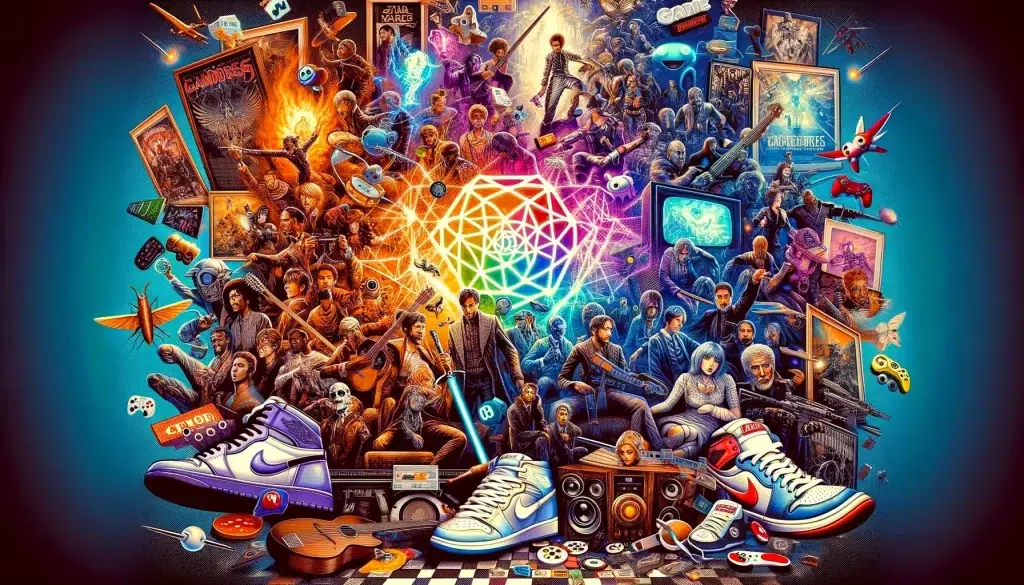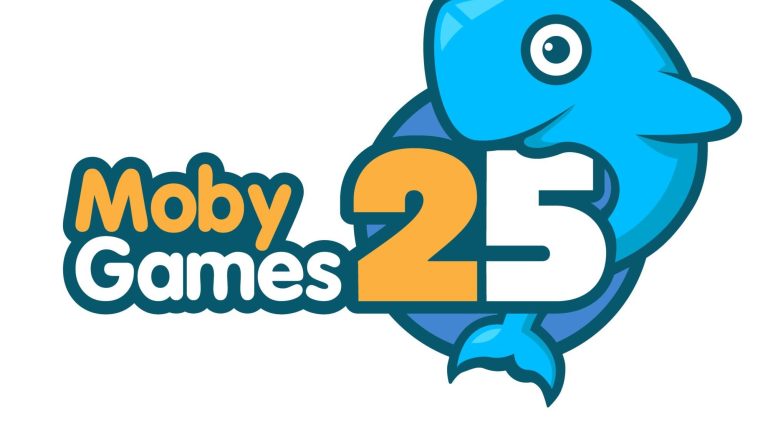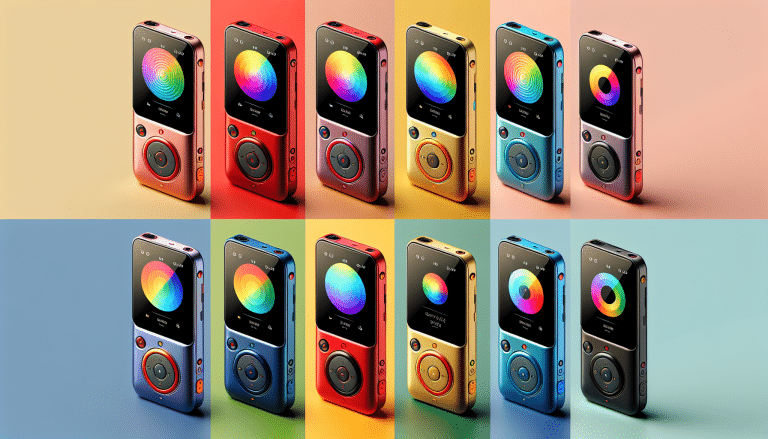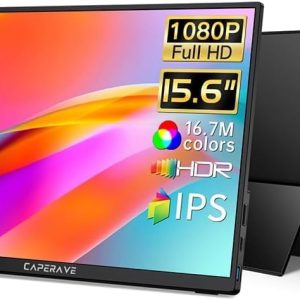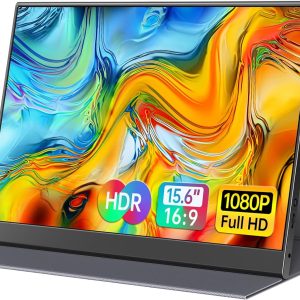Role of Music in Enhancing Advertising Impact
Ever wondered why some commercials stick in your head while others are easily forgotten? The secret ingredient might be music. Yes, you heard it right – music plays a pivotal role in the world of advertising. It captures the audience’s attention, sets the mood, and even drives consumer behaviour. Let’s dive into how music enhances the impact of advertising.
First off, it’s important to understand the science behind this phenomenon. According to a study published in the Journal of Consumer Research, music can significantly affect how consumers perceive a product. The researchers found that the congruency between music and product category can positively influence consumers’ attitudes towards the product – meaning, a well-chosen soundtrack can make your product more appealing.
Creating an Emotional Connection
Music has the power to evoke a range of emotions. Advertisers strategically use this ability to connect with their audience on a deeper level. For instance, an upbeat song can create a sense of joy and excitement, ideally used for launching a new product or announcing seasonal sales. On the other hand, a slow, soft melody can evoke feelings of nostalgia, perfect for brands with a long history or those selling sentimental items.
Moreover, featuring a popular song in an ad can also trigger an emotional response. It leverages the listener’s existing associations with the song to amplify the message. Remember, emotions are crucial in decision-making processes. As advertising guru Leo Burnett said, “Good advertising does not just circulate information. It penetrates the public mind with desires and belief.”
Music as a Recall Trigger
Ever found yourself humming a tune from a commercial without even realizing it? That’s because music aids memory recall, another reason why it’s a powerful tool in advertising. A catchy jingle can stick in a consumer’s mind, ensuring that they remember the product or brand every time they hear the tune.
- Tip 1: To maximize this effect, advertisers should ensure that the music aligns with the brand’s identity and the message they’re trying to convey.
- Tip 2: Keep it simple. Most memorable jingles are catchy and easy to sing along to.
In conclusion, music is an impactful tool in enhancing advertising effects. Whether it’s setting the mood, evoking emotions, or aiding memory recall, a well-chosen soundtrack can significantly boost a brand’s presence in a consumer’s mind.
Music and Emotional Engagement in Advertising
Can you remember a time when a certain song just made you feel something? Perhaps it was joy, sadness, or even nostalgia. Music has the powerful ability to stir up emotions within us, and advertisers are no different in leveraging this. In fact, they’re genius at it!Music is often the unsung hero of successful advertising campaigns. It has the power to create an emotional connection between the brand and its audience, making the message more memorable and impactful. Ever wonder why certain advertisements stick with you longer than others? Yup, it could be thanks to the soundtrack!
Why Is Emotional Engagement so Important in Advertising?
Good question! Well, imagine sitting in front of your TV (or scrolling through your social media feed) and coming across an advertisement that doesn’t make you feel anything. Pretty forgettable, right?Now, take a moment to recall an advertisement that made you smile, laugh, or even tear up. Those are the ones that stay with us and create a lasting impression. This is why emotional engagement is so crucial in advertising. It’s all about feeling. And guess what’s great at making people feel? Yes, you guessed it – Music!
How Does Music Enhance Emotional Engagement?
- Creating the Mood: The right background music can instantly set the tone for the advertisement. A light, upbeat tune can make the ad feel cheerful and positive, while a somber melody can evoke empathy or seriousness.
- Enhancing the Narrative: Music can add depth to the ad’s story, making the viewer more emotionally invested. For instance, a dramatic crescendo at the climax can make the scene feel more intense.
- Triggering Memories: Music has a way of taking us back in time. Advertisers often use this aspect to evoke nostalgia, making the ad more relatable and memorable.
A Word from the Experts
According to Professor David Huron, a renowned music psychologist, “Music has the power to shape perception, influence decision making, and even change human behavior.” So, if you’re a marketer, don’t underestimate the importance of a good soundtrack.In advertising, the perfect blend of visuals, text, and music can create a powerful, emotionally engaging experience. So next time you watch an ad, pay attention to the music. You might just find yourself feeling something you didn’t expect!
Influence of Soundtracks on Message Retention in Ads
Have you ever caught yourself humming a catchy tune from an ad long after you’ve seen it? That’s not a coincidence, and it’s certainly not an accident. That, my friend, is the power of using soundtracks in advertisements. Incorporating music isn’t just about making the ad entertaining. It plays a vital role in ensuring the message of the ad sticks in your mind. Let’s break it down a bit further together.
The Science Behind It
Research has shown that music can significantly improve our memory recall. According to a study published in the Journal of Experimental Psychology: Learning, Memory, and Cognition, words set to music were recalled more effectively than spoken words. The same principle applies to advertisements. The right soundtrack can help make the message of the ad more memorable.
Auditory Mnemonics
Ever heard of auditory mnemonics? It’s a fancy term to describe something quite simple. It’s the process of associating sounds with memories or information to aid retrieval. Advertisers use this technique to their advantage.
- Jingles: Short, catchy tunes or songs in commercials are designed to be easily remembered. They are often written specifically to convey the brand message. Every time you hear the jingle, you’ll think of the ad and, consequently, the product or service.
- Sound logos or audio signatures: These are unique sounds or tunes associated with a brand. For instance, think about the Intel ‘bong’ or McDonald’s ‘I’m lovin’ it’ jingle. These sounds become synonymous with the brand, enhancing recall.
Emotional Connection
Music also helps forge an emotional connection. An upbeat, positive tune can create a happy, fun brand image. On the other hand, a slow, thoughtful melody can evoke a sense of trust and reliability. The emotions evoked by the music can also enhance recall of the advertisement.
Repetition is Key
The more often you hear a song, the more likely you are to remember it. Advertisers use this fact to their advantage by playing their ads repeatedly. This repetition helps ensure that the brand message sticks in the viewer’s mind.
So, the next time you find yourself humming along to an ad’s catchy tune or recognizing a brand from its unique sound logo, know that it’s all part of a carefully orchestrated plan to make the brand more memorable to you.
Case Studies: Successful Ad Campaigns Leveraging Music
We all have that one advertisement that immediately comes to mind when we think of a memorable TV ad. The chances are high that this ad had a catchy song or an interesting jingle attached to it. Here are a few examples of successful ad campaigns that have leveraged music to their advantage.
Coca-Cola: “I’d Like To Teach the World To Sing”
When we talk about music in advertising, it’s impossible not to mention Coca-Cola. The 1971 “Hilltop” ad featured a song that quickly became the brand’s anthem, “I’d Like To Teach the World To Sing“. This jingle was so popular it was later turned into a full-length song and climbed up the pop charts!
This is a perfect example of how a great song paired with a strong message can leave a lasting impression.
Apple iPod: “1234” by Feist
Who can forget the colorful, dancing silhouettes of the Apple iPod commercials? Apple has successfully used a range of musical styles in its advertising. However, their use of “1234” by Feist in 2007 was a game-changer. Not only did the ad boost iPod sales, but Feist’s song sales also skyrocketed, demonstrating the symbiotic relationship that can exist between advertising and the music industry.
Old Spice: “The Man Your Man Could Smell Like”
When Old Spice debuted “The Man Your Man Could Smell Like” commercial in 2010, it quickly went viral. The humorous monologue delivered by the charming Isaiah Mustafa was great, but what really made it stick was the catchy whistle at the end. The jingle became so famous, people were making and sharing their own versions of it online.
- Key Takeaway: A well-chosen song or sound can make an advert stand out and even become part of popular culture.
- Tip: If you’re looking to use music in your next ad campaign, consider both the mood of the ad and your brand image when making your selection.
These case studies show how music can help create a unique identity for your brand, stir emotions, and make your ad unforgettable. So, whether it’s a pop song, an original jingle, or an iconic whistle, music can indeed play a vital role in making your ad campaign a hit.

